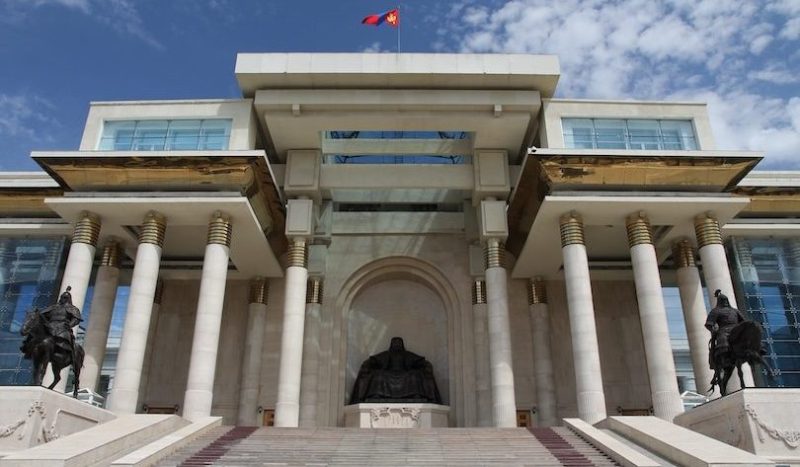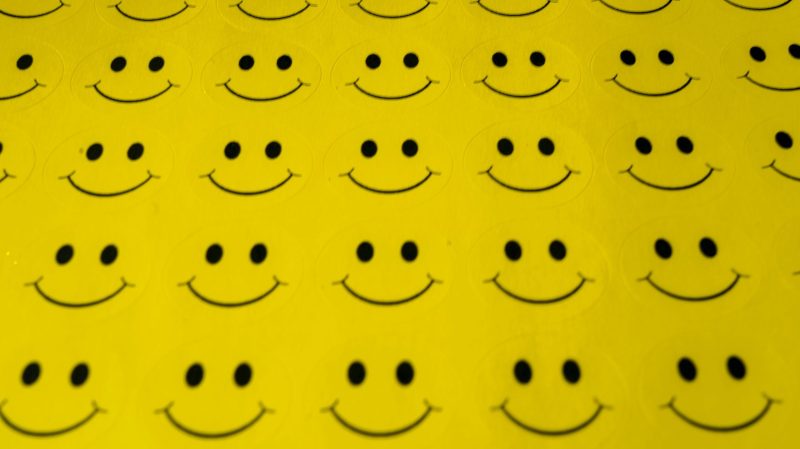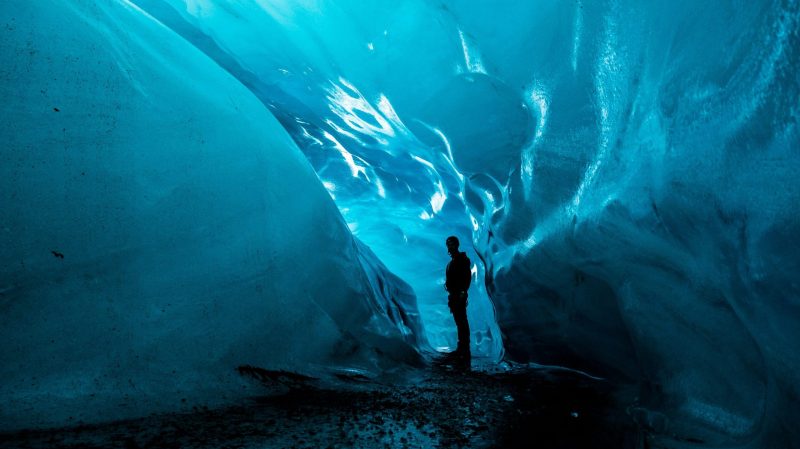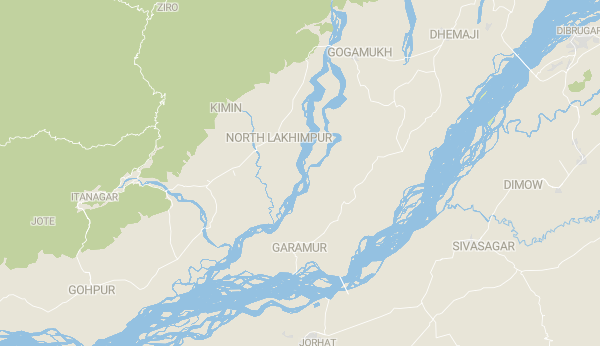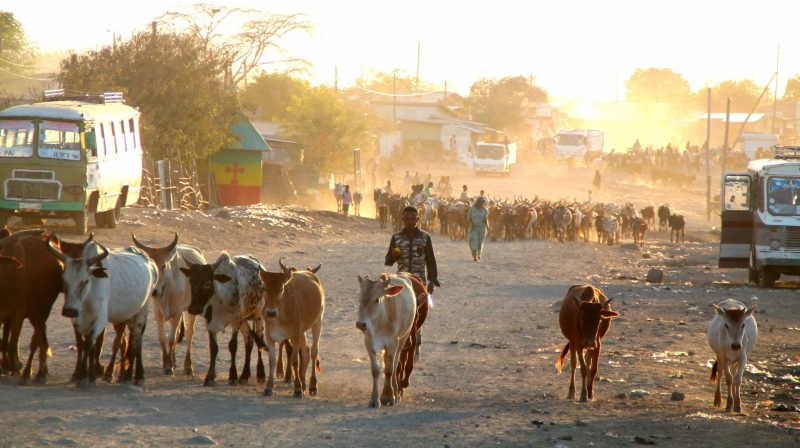Mongolia, like many other countries, is holding a consequential election.
This article was originally published by E-International Relations.
On 28 June 2024 Mongolia conducted parliamentary elections. My service in 2024 as an international observer quickened my memories of my first time there in 2006 with the UN, to help celebrate “800 Years of Mongolian Statehood”. I was back again for the 2016 Parliamentary Elections and for the 2017 Presidential Poll. In past elections, there was something of a cloak of secrecy on the part of the Mongolian Electoral Commission, and party leaders were reluctant to speak to international observers. Yet, this year the entirety of the electoral apparatus was open to observation. Every polling, counting and tabulation location was in CCTV scrutiny under the supervision of police. The police also photographed key stages of the process such as the opening of ballot boxes. Technically a breach of best practice, police were omnipresent in polling stations but we saw no evidence that voters found this intimidatory. As I will note below, no party declined to speak freely to us.
Modern Mongolia prides itself on geo-political independence, respect for democracy and the rule of law, although its strategic autonomy is compromised by dependence on Chinese and Russian markets. Moreover, the country features at the bottom end of all the scales we use in international relations to measure public freedom and political transparency. At the same time, the country is an also a strategic partner of the west and is being cultivated both by the USA and the EU, all the more so because of the political travails of the present which make this large country a much better potential friend than the reverse.
Having become independent of the Qing dynasty in 1911, Mongolia was briefly a theocracy before the 1921 Mongolian Revolution sealed its fate within the Soviet Union sphere of interest. The brutal Soviet purges of the 1920s, and Stalinist collectivization, generated a repressive indigenous dictatorship under Khorloogiin Choibalsan – replaced by his hand-picked successor, Yumjaagiin Tsedenbal, who served until 1984. Throughout this period the country remained formally outside the Kremlin, but the Soviet grips are still evidenced in colonialist Soviet architecture of military repression and crumbling military barracks dotted across the country. These themes play out in classic Mongolia cinema like An Unforgettable Autumn (1977), Uuliin Tumur (2004), Wolf Pack Сүрэг чоно (1939), and Words from the Heart (2003.) Its modern politics eschew that crucial cinemographic mixture of assertive independence and socialist nostalgia.
Mongolia adopted a new democratic constitution in 1992. Its first legislative elections were won by the former communist Mongolian People’s Revolutionary Party in 1992. In the early 1990s further political reforms and economic “shock therapy” fostered a neo-liberal pathway with IMF support. Modern Mongolia is now a semi-presidential republic with directly elected prime ministers and presidents. It enjoys a mixed electoral tray of majoritarian and proportional systems with significant reforms also protecting the rights and parliamentary representation of women. So how, in 2024 with this recent election, might we map Mongolia’s future? In short words, there is still a good way to go if this vast country (far exceeding the total land-mass of Europe) is to meet the democratic credentials it claims to seek.
Just before the polls, I spoke to the Spokesperson’s Office for the current Prime Minister, who is also Chair of the Mongolian People’s Party:
We are hopeful for a new democratic future for the Mongolian people and to leave behind us any past mistakes of corruption. The new MPP is about ‘people first’ and party-interests second. We want the Mongolian People to proudly join us in a new era of respect for the common person and the genuine economic prosperity of all Mongolians.
Strangely this was almost exactly also what President Battuulga’s Office told me. The President is part of the rival Democratic Party, a centre-right organ dating back to the Democratic Revolution of the late 1980s.
We cannot afford to let the people down again. This election is an unprecedented opportunity for Mongolia to take its rightful step forward into the global democratic community. We have shown how these steps can be fostered by the promotion of women, labour and children’s rights, and the protection of minorities. This election offers us the chance to do more to make all these aspirations a reality for modern Mongolians.
The HUN Party, Mongolia’s third major party contesting these 2024 elections have been a little more guarded, perhaps reflecting their centre-right leanings. A spokesperson for Party Chair Dorjkhand, said that the Mongolian people needed to be more realistic as to what the economy can afford:
We have watched as the MPP, the Democratic Party and a host of others have pledged everything from roads to welfare for the herders…but none of them have even remotely addressed the crucial issue of how we are to pay for empty campaign promises. In fact, they are as far from offering a solution to Mongolia’s needs as the daftest of environmental tree-huggers…. They also fail to see that ultimately; we have two big markets- China and the Russian Federation. Tell a small herder he must employ a disabled woman just to get a grant from the EU or the American Embassy, and I will show you a business that will just vanish. No number of fancy democracy grants are going to put goat on the herder’s table. The truth is we have two big markets and they pay us. Tell any herder to wait on a hundred forms completed for Washington or Brussels and he will say he would rather part with a little more to the mining companies and get through the winter.
A spokesperson from the Mongolian Greens was also downbeat saying, “We know that our time is a long way off … but will the Mongolian steppe wait?” National Alliance Leader Mr. Purevdavaa was also keen to emphasize his party’s green credentials. The New United Coalition, the youngest party on the block, numbered green and women’s issues among its top concerns. All of this hinted at a slowly emerging political diversity that had previously been absent.
Electorally, I would say that the polling administration has improved immeasurably and while corruption is never out of the Mongolian media, the new measures for electoral governance appear transparent. There is a profound juxtaposition between rural folk voting in traditional dresses and sometimes nursing their family pets, and the highly sophisticated computer scanning system at the Central Electoral Commission for in-putting and digesting the poll results. The acid test about the perceived probity of polling is usually the level of complaints from party observers and to be frank, these were pretty muted. The results were pretty much as expected, and the entire proceedings were open to local and international observation and appeared transparent at each stage of the process.
Other parties contesting the election in 2024 were the Republican Party, Citizen’s Unified Participation Party, and New United Coalition. All of these parties include coalitions or mergers which renders their titles less self-explanatory than one might think. According to preliminary results, the Mongolian People’s Party (MPP) secured 35% of the vote and won 68 of the 126 seats. The main opposition Democratic Party got 42. The minor anti-corruption HUN party won eight. Voter turnout was 69.3% nationally, the Electoral Commission confirmed. Suggesting a glimmer of future plurality, there were occasional small successes for almost all of the smaller parties.
One might be forgiven for thinking that Mongolian politics are consistently played out as a struggle between the traditionalism of the MPP, successors of the “days of the comrades” and the deceptively more progressive forces of modernism brought by the Democratic Party. The HUN Party’s grabbing of eight seats is evidence of a future “third way”. The political similarities between the major parties remain evident making it appear that personality politics may be more crucial in Mongolian polling than history or ideology. This writer has become accustomed to viewing Mongolian events as a consistent re-run of the country’s famous filmography with recurrent themes like the rights of the people, the livelihood of the herders, the encroachment of mining interests, and the clash of urbanity against traditional steppe. The greater vocality of women’s, green, environmental and other issues in this election was apparent, but did not make much numerical indent on the final results.
With a reduced majority, the MPP must effectively balance power with their rivals. It remains to be seen how this will play out. This particular episode in Mongolia’s bizarre political cinematography has ended by endorsing the de-facto composition of real power. HUN crystallizes as a potential third-party rival of the future, and elsewhere there is some modicum of diversification in the achievements of parties of women, green and other special interest groups. The likelihood is also a future kind of coalition government between MPP, DP and (in the future perhaps also) HUN, which spells the death-nell of the MPP’s post-independence supremacy.
Mongolian politics remains an echo of their theoretically-interwoven classical movies where the major parties emerge as heroes in a happy ending. More worryingly, this election does little to resolve the most disturbing of realities that Mongolia remains economically dependent on Russia and China. Like Mongolian filmography, one gets a sense of the French truism that ‘everything changes, everything stays the same’.

